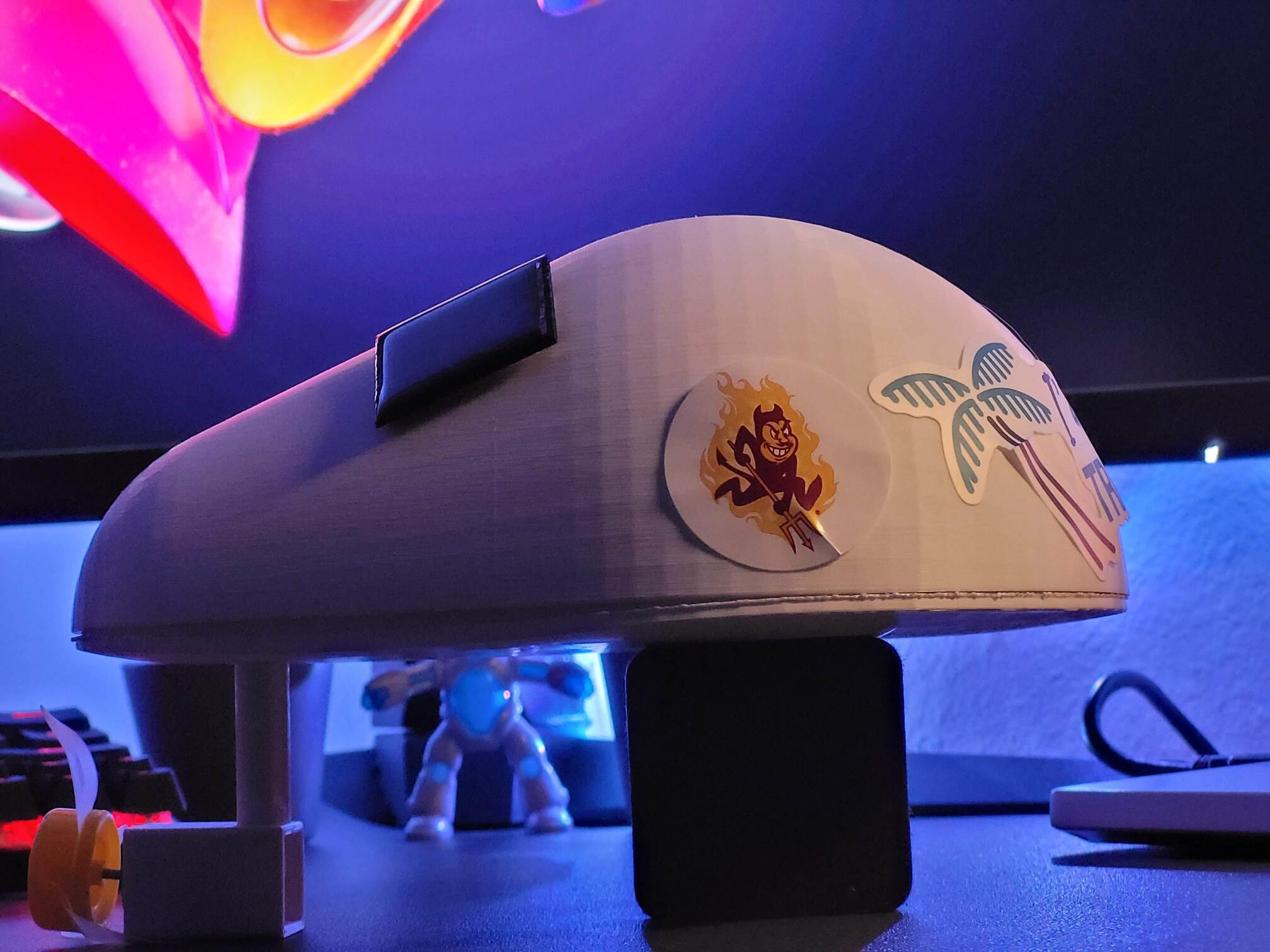About
As a part of my final project for EGR 201, I designed an Ocean Pollution Monitoring System.
The device is designed to be affordable (<$500) and smaller than a tablet. This device
allows us to monitor the pollution levels in the water bodies and share that data with
the appropriate authorities. The device has a built-in propeller and GPS so that it can
move from one place to another and collect data from different sections of the water
body if necessary. The device is solar-powered. To measure the pollution levels, the
device deploys multiple sensors ranging from TDS to Ph and turbidity. By analyzing the
data from these sensors we can determine what is the source of pollution and take action.

Problem Statement
With the rising pollution levels, it is very difficult and expensive to measure pollution levels of water bodies due to their sheer size.
UN Sustainable Development Goals
The project is based to solve the following UN SDGs
14.1 By 2025, prevent and significantly reduce marine pollution of all
kinds, in particular from land-based activities, including marine debris and nutrient pollution
14.2 By 2020, sustainably manage and protect marine and coastal ecosystems to avoid significant
adverse impacts, including by strengthening their resilience, and take action for their restoration
in order to achieve healthy and productive oceans
Life Cycle Analysis
The project is based to solve the following UN SDGs
14.1 By 2025, prevent and significantly reduce marine pollution of all
kinds, in particular from land-based activities, including marine debris and nutrient pollution
14.2 By 2020, sustainably manage and protect marine and coastal ecosystems to avoid significant
adverse impacts, including by strengthening their resilience, and take action for their restoration
in order to achieve healthy and productive oceans
Code
code {
font-size: 1.4rem;
margin: 0 .2rem;
padding: .2rem .6rem;
white-space: nowrap;
background: #F1F1F1;
border: 1px solid #E1E1E1;
border-radius: 3px;
}